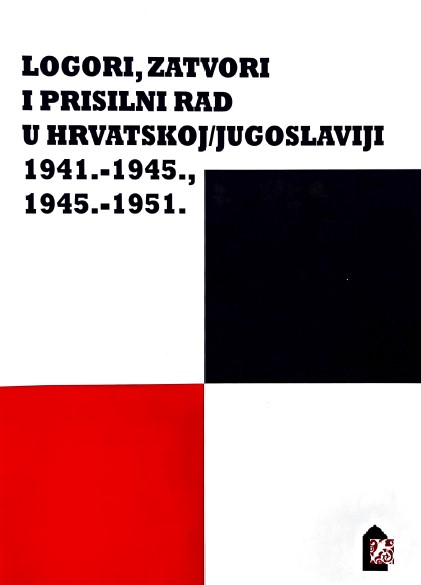Lišavanje slobode i prisilni rad u hrvatskom/jugosla-venskom zakonodavstvu 1945.–1951.
Restrictions to Freedom and Forced Labour in Croatian/Yugoslavian Law, 1945-1951
Author(s): Vladimir Geiger
Subject(s): Criminal Law, Military history, Government/Political systems, Studies in violence and power, Penology, WW II and following years (1940 - 1949), History of Communism, Penal Policy
Published by: Hrvatski institut za povijest
Keywords: Croatia 1945-1951; Communist repression; legal system; restrictions to freedom; forced labour; camps; jails:
Summary/Abstract: Restrictions to freedom and forced labour in the Croatian, that is Yugoslavian, legal system following the Second World War, during the period of “National Democracy,” was determined by a series of decrees, resolutions, and laws. From 1945 to 1951, the Yugoslavian penal code recognized four types of non-free labour: forced labour without the removal of personal freedom, forced labour with restrictions to personal freedom, corrective work and socially useful work. This article, on the basis of sources, literature, and above all the most important decrees, resolutions, and laws applied in Croatia, and elsewhere in Yugoslavia, during the period of “National Democracy”, from 1945-1951, reviews the matter of state repression and the question of the restrictions to freedoms and forced labour in the penal code.
Book: Logori, zatvori i prisilni rad u Hrvatskoj/Jugoslaviji 1941.-1945., 1945.-1951.
- Page Range: 151-166
- Page Count: 16
- Publication Year: 2010
- Language: Croatian
- Content File-PDF

